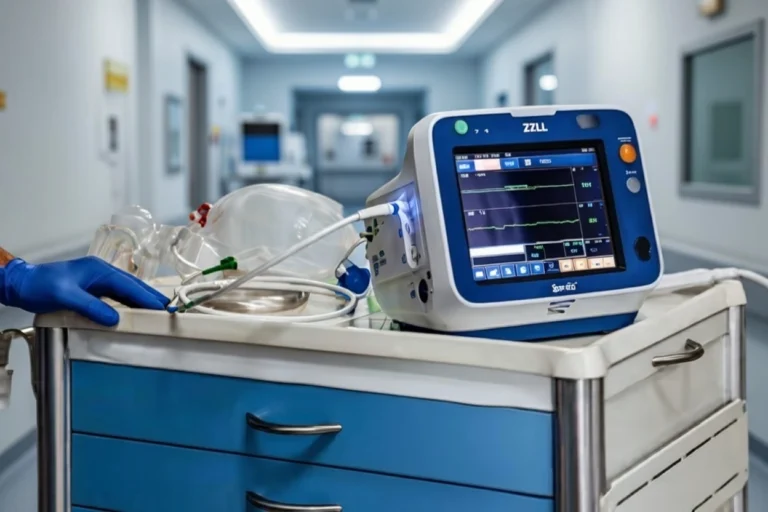
Shimadzu Corporation, Eisai Co., Ltd., Oita University, and the Usuki City Medical Association have demonstrated that blood biomarkers can effectively predict amyloid beta (Aβ) accumulation in the brain, a major factor linked to Alzheimer’s disease. Their findings come from a cohort study in Usuki City, Oita, which began in November 2022. The study’s results were published in Alzheimer’s & Dementia: Translational Research & Clinical Interventions on October 10, 2024.
The joint research aims to establish Japan’s first diagnostic approach for detecting mild cognitive impairment (MCI) and early dementia due to Alzheimer’s disease using blood biomarkers. The study is divided into two phases. Phase 1 utilized frozen blood plasma samples from a regional cohort collected between 2015 and 2019 to assess blood biomarkers’ ability to predict Aβ accumulation. Phase 2, which involves a prospective study of 100 new participants, aims to evaluate the psychological impact of diagnostic results and different disclosure methods, using samples collected through a diagnostic workflow that spans various levels of healthcare, from primary physicians to specialists.
The published paper mainly reports on the results from Phase 1, where the accuracy of blood biomarkers in predicting amyloid PET scan outcomes was assessed. Blood biomarker testing by Shimadzu showed a high level of accuracy, with an area under the curve (AUC) value of 0.94, successfully identifying PET-positive cases in the regional cohort. The study also indicated the potential to predict the progression from MCI to Alzheimer’s dementia using baseline biomarker levels, based on data collected over a seven-year observation period.
Blood biomarker testing is less invasive than amyloid PET imaging and cerebrospinal fluid analysis, making it a promising alternative for detecting Aβ accumulation. If implemented, it could help reduce patient stress and predict the onset of dementia earlier. Phase 2 of the study has completed data collection, and plans are underway to analyze the data and report the overall findings from both phases.
The research partners aim to improve early Alzheimer’s diagnosis by integrating biomarker testing into healthcare systems at all levels, thus supporting the development of social infrastructure that enables patients and their families to live well despite the disease.
Background Information:
- Amyloid Beta (Aβ): A protein linked to Alzheimer’s disease, known to accumulate in the brain as senile plaques, starting around 20 years before symptoms appear.
- Alzheimer’s Disease: The most prevalent form of dementia, characterized by senile plaques, neurofibrillary tangles, and the loss of brain cells.
- Amyloid PET: A brain imaging technique that visualizes amyloid beta deposits.
- Cerebrospinal Fluid Testing: Involves collecting spinal fluid to measure Alzheimer’s biomarkers such as amyloid-β 42, amyloid-β 40, and tau proteins.
Expert Opinion:
Noriyuki Kimura, Associate Professor at Oita University’s Department of Neurology, noted that the treatment of Alzheimer’s is at a pivotal stage, with new anti-amyloid beta therapies necessitating early diagnosis. While existing diagnostic methods like PET scans are costly and cerebrospinal fluid testing is invasive, blood biomarker testing offers a low-cost, less invasive alternative, potentially reducing financial and physical burdens on patients.





